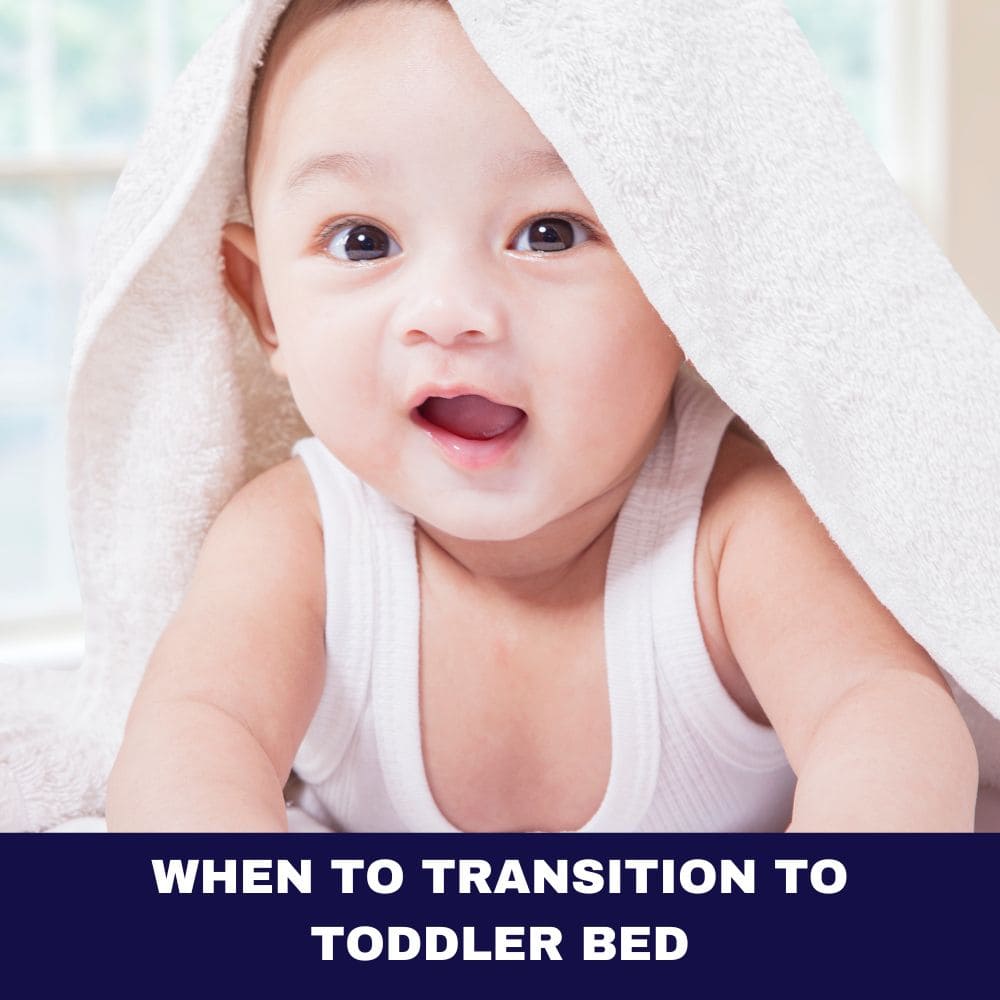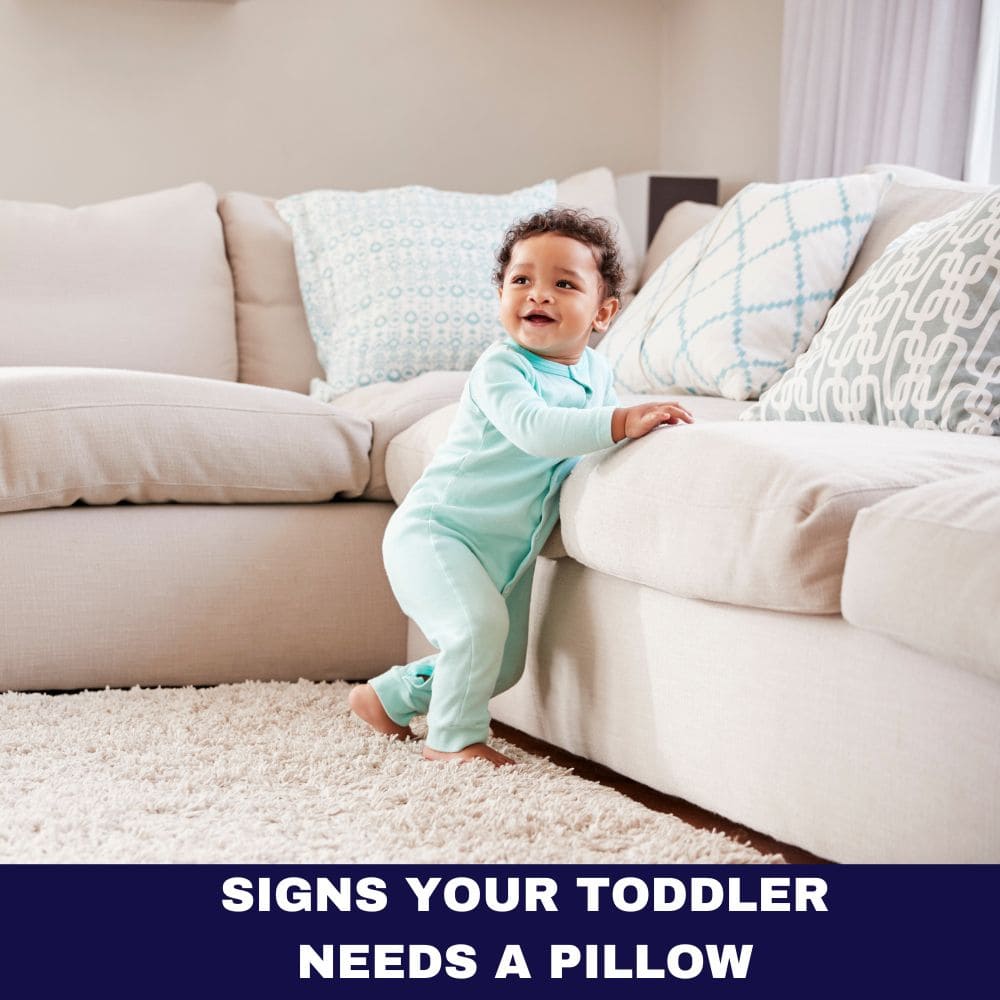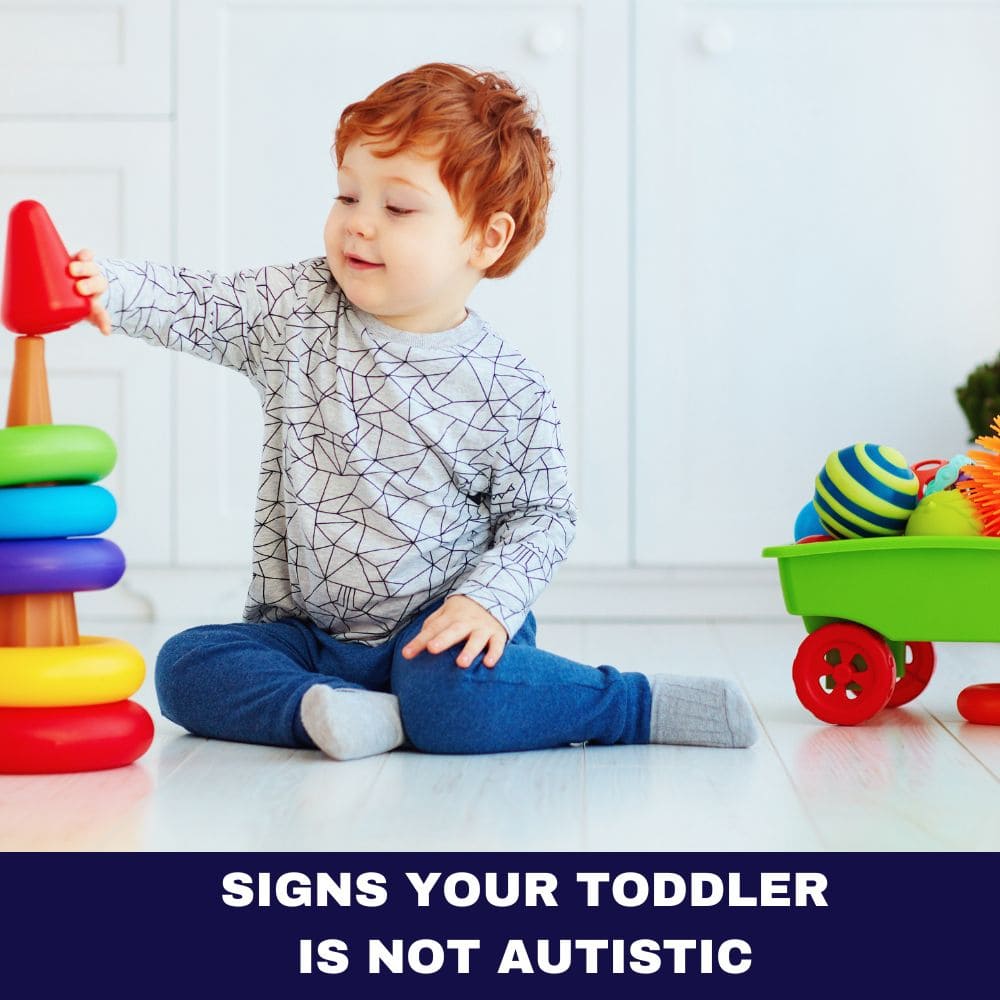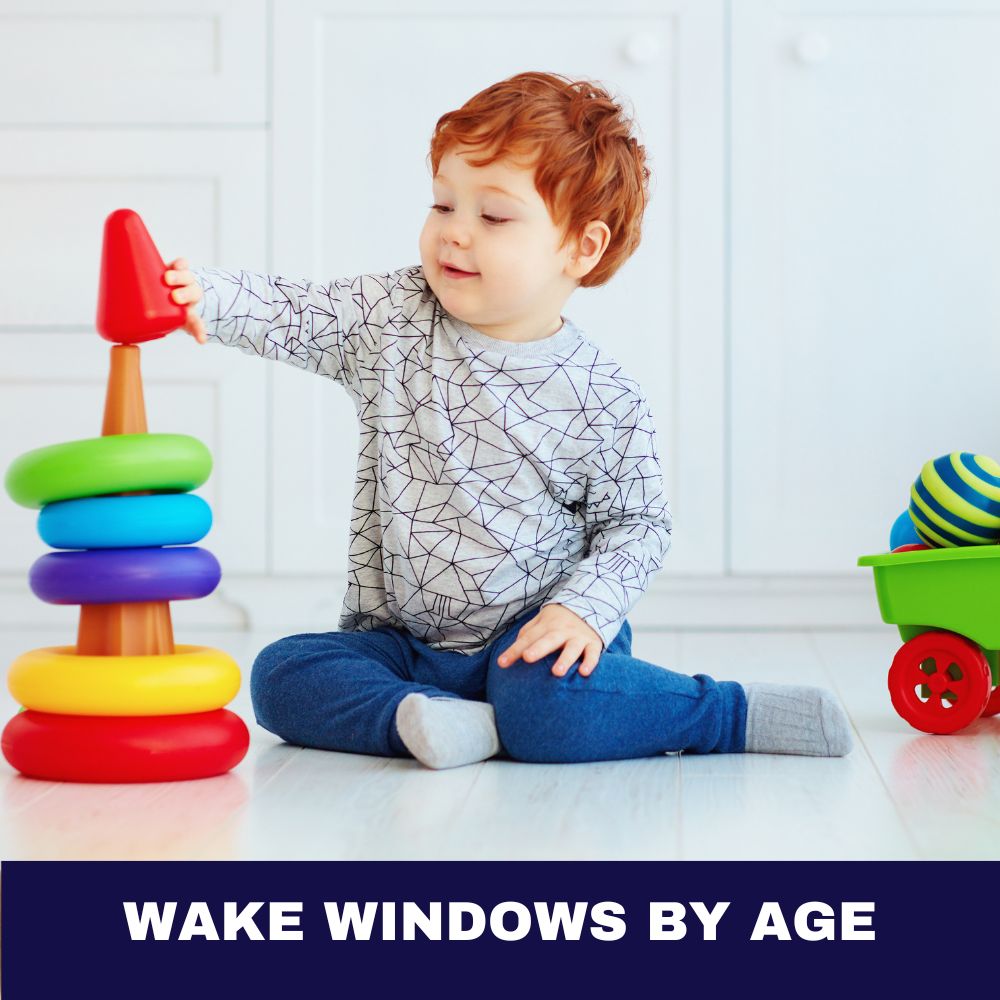As a parent gazing down at your peacefully sleeping baby, few things inspire more warmth and affection. But just when the precious angel looks like they’re drifting off, their small hand reaches up and…scratch scratch. Cue the questions flooding our minds. Why does my baby scratch their head only when sleepy? Is it just an odd habit or something more concerning?
As mothers raising tiny, rapidly growing humans, making sense of these peculiar behaviors is part of the terrain. The key is gaining perspective. Understanding the “why”, knowing normal from worrisome, and having tricks up our sleeves can empower us to handle each day with patience and clarity.
So let’s explore the common phenomenon of baby scratching head when sleepy and decode the possible reasons behind this head-scratching (pun intended) behavior!

Why is baby scratching head when sleepy?
The reasons for this common nightly ritual can range from harmless to potentially problematic. Here are some of the most likely culprits:
Self-Soothing Habit
Think of gentle head rubbing as your baby’s version of tucking themselves in. The repetitive motion may relax them, signal sleepiness, or simply be a formed habit. As far as routines go, far preferable to sleep screaming!
Sensory Regulation
As tired babies begin withdrawing from their environment, sensations in the body can spike and ebb more acutely. Itches or tingles prompting scratching may indicate their sensory systems gearing down.
Physical Relief
On the flip side, scratching could signify discomfort – from eczema or dry skin to conditions like cradle cap. Attempts to self-soothe may also escalate into vigorous scratching. Identifying the trigger will enable proper treatment.
Developmental Changes
Growing infants explore movements like scratching as they build motor control. Sleepy kids with limited self-regulation may automatically resort to ingrained habits. Understanding this link helps us support healthy development.
Environmental Triggers
Irritation from new products on sensitive skin, clothing tags detergent residue, and even room temperature fluctuations may induce scratching. Isolating suspects takes some parental investigation!
While most causes are benign, scratching accompanied by broken skin or hair loss merits closer assessment in case of infection or micronutrient deficiency.
Next Steps:
- Track how often, intense, and when scratching occurs – is it only with sleepiness? Does any indicator seem problematic?
- Note related symptoms like skin irritation, extreme fussiness impacting sleep or appetite
- Identify any new products, foods, or environmental factors that may be irritating skin
Equipped with perspective on what’s spurring the scratching and what requires further attention, we can problem-solve our way to better rest!
Balancing Work and Rest
Hectic schedules and inconsistent naptimes can take a toll, causing overtired babies to channel restlessness into head scratching. Ensure your cherub gets adequate daytime sleep suited to their age and temperament.
Catch drowsy signals like eye rubbing, yawning or fussiness proactively to prevent escalation into meltdown mode. Implement resets syncing feeds, active play and naps. Model healthy sleep hygiene by carving out own downtime too!
If you notice baby increasingly cranky and difficult to settle despite appropriate rest times, discuss patterns with your pediatrician to identify any underlying causes. Establishing balanced activity, nourishing feeds and uninterrupted nighttime sleep minimizes scratching from exhaustion.
Baby-Proofing for Healthy Development
Preventing injuries from curious babies exploring their surroundings is crucial for both physical safety and your peace of mind. Beyond locking cabinets, using corner guards and keeping small objects out of reach, we can also intentionally design spaces supporting healthy development.
Set up engaging zones for tummy time, crawling and cruising to build strength. Rotate toys stimulating different senses and skills like rattles, soft blocks and shape sorters. Unbreakable mirrors let babies observe responses, promoting cognitive growth.
Avoid boredom by ensuring adequate sensory stimulation during daylight hours. Signs like increased scratching at bedtime or frustration from under-stimulation during the day signals a need for tweaks promoting healthy, well-rounded experiences.
Distinguishing Normal Baby Scratching vs Excessive
Not all scratching is equal when it comes to cause for concern. From frequency to physical impact, assessing a few key markers can clarify normal versus worrisome signs:
Occasional, mild scratching – Usually harmless self-soothing or reflex rather than a symptom of skin discomfort
**Frequent, intense scratching **– Potentially indicative of skin irritation, eczema, or self-harm if baby’s nails are long
Worsens despite soothing interventions – Signals an exacerbating condition or extreme distress needing evaluation
Leaves physical marks like wounds or redness – Requires treatment and prevention
Accompanied by fever or appetite/sleep changes – Warrants contacting a pediatrician to identify the underlying issue
Tracking details day-to-day, even noting photos or videos of the behavior will help discern when professional guidance should be sought. Don’t hesitate to consult your pediatrician if patterns concern you – peace of mind is priceless.
Next steps:
- Maintain a log tracking when baby scratches, the intensity, and any related symptoms
- Take a video to review scratching patterns more closely
- Schedule a pediatric visit if excessive scratching persists despite home treatment
Armed with the know-how to decode scratching triggers and distinguish a mild habit from more problematic behavior, we can troubleshoot our way to better nights!

Gentle Ways to Soothe and Prevent Night Scratching
While directly stopping a baby from indulging in an ingrained habit can be tough, there are several soothing strategies to minimize discomfort prompting those midnight scratches:
Moisturize Regularly – Hydrating dry scalp skin with coconut oil, shea butter, or moisturizers designed specifically for infants prevents itchiness and temptation to scratch.
Distract with Toys or Activities – Redirecting your sleepy babe’s hands toward soft toys, lullaby mobiles, reading stories or singing can break the scratch cycle.
Trim Nails – Frequently filing down those fast-growing nails removes the scratch factor. See our clipping tips below!
Protect Skin and Nails – Baby mittens are a simple way to gently keep nails from causing harm during unsupervised sleep.
Address Underlying Conditions – For persistent scratching accompanied by skin irritation or changes in temperament, your pediatrician can assess potential eczema, allergies, etc., and suggest suitable treatment.
Next Steps:
- Begin a natural moisturizing routine like a daily coconut or aloe vera oil massage
- Introduce DIY sensory toys to provide alternative stimulation
- Set biweekly reminders to trim nails after bathing when soft
- Purchase organic mittens and alternate for laundry days
- Schedule well-check to rule out skin conditions if scratching seems symptomatic
While most cases of baby scratching head when sleepy are just an innocuous habit or sign of sensory changes, staying vigilant to patterns and being proactive with gentle alternatives can make all the difference in laying a foundation for peaceful nights.
Mastering Safe and Stress-Free Nail Trimming
| Age | How Often To Trim Nails |
| Newborn to 3 months | Every 1-2 weeks |
| 3-6 months | Every 2-3 weeks |
| 6-12 months | Every 3-4 weeks |
| Over 1 year | Every 4-6 weeks |
When navigating the mystery of baby scratching head when sleepy, regularly filing those fast-growing fingernails is non-negotiable. Short nails mean minimized risk should scratching occur. But for wriggly babes, clipping can be a chore. After learning the hard way (and handling a few accidental nicks!), here are my tried tips:
Pick Your Timing Wisely
Capitalize on your baby’s most cooperative moments – after a warm bath when nails are softened, during a nursing/feeding session when they’re relaxed, or even sleeping.
Invest in Baby-Specific Clippers
The right tools make all the difference. Well-designed baby clippers feature safety guards preventing over-cutting. Opt for a trusted brand designed just for little nails.
Make It a Two-Person Job
Have someone gently hold your wrists and distract the baby with coos and kisses while you trim. Tag teaming minimizes fuss and the chance of injuries.
| Nail Trimming 101 |
| Steady wrists in lap |
| Steady wrists in the lap |
| Trim straight across in small bites |
| File down the rough edges |
| Clean under tips to prevent infection |
| Kiss those sweet fingers once done! |
Stay patient – the more positive associations built with trimming time, the easier it becomes. And avoiding scratches makes it well worth the effort!

Next Steps:
- Do a belly check that it’s a good moment for trimming
- Buy an affordable baby nail clipper set from a trusted brand
- Enlist your partner’s help by assigning roles
With the right tools, techniques, and teamwork, scratch-prompting nails can be maintained without added stress!
Optimizing Your Baby’s Sleep Space
Ensuring the baby’s sleep space strikes that sweet spot of snugness and breathability provides comfort that discourages restless scratching. Here are tips for optimizing their bedtime setup:
Use Breathable Fabrics – When shopping for pajamas or sheets, 100% cotton is ideal for temperature regulation and ventilation.
Dress For The Room Temperature – Use footed onesies or light swaddle suits to prevent chilliness leading to goosebumps and skin irritation without the risk of loose blankets.
Be Wary Of New Laundry Products – Use hypoallergenic, fragrance-free detergents and skip fabric softeners and dryer sheets which leave irritating residue on fabrics.
Let There Be (Low) Light – Consider investing in a nightlight or dimmable bulb to allow middle-of-the-night checks while maintaining a comforting glow. Harsh overhead lighting can disrupt sleep.
Mitts Are Magical – Breathable infant mittens can protect delicate skin by containing busy hands and restricting access to the baby’s head during sleep.
| Crafting A Soothing Sleep Haven Checklist |
| ☑ 100% Cotton Sheets |
| ☑ Light Footie Pajamas/Swaddle |
| ☑ Fragrance-Free Laundry Detergent |
| ☑ Nightlight/Salt Lamp on Dimmest Setting |
| ☑ Well-Fitted Organic Mittens |
Taking steps to enhance the sleep atmosphere’s comfort can mean the difference between your little sleeper resting soundly or resorting to scratching for relief.
Next Steps:
- Transition your baby’s linens and sleepwear to gentler fabrics
- Maintain bedroom temperature around 20 degrees Celsius/68 Fahrenheit
- Review ingredients on baby products like lotions, soaps and shampoos
With tender skin protection and the ideal external sleep conditions provided, scratching can often be avoided altogether!

When To Seek Extra Support
While head scratching may be a passing phase for many babes, cases involving broken skin, extreme distress, or other concerning symptoms warrant closer assessment:
Consult your pediatrician if:
- Scratching is causing wounds or skin damage
- Significant loss of hair occurs at scratch sites
- Scalp bleeding or crusting occurs that may signify infection
- Fussiness or reduced sleep/feeding accompanies scratching
- Topical creams and moisture techniques fail to reduce scratching
- Baby appears severely disturbed trying to self-soothe through scratching
Seeking professional guidance provides both an informed perspective on what’s developmentally “normal” and whether contributing factors are at play and need intervention. Ruling out issues like nutritional deficiency causing changes in hair follicles or determining suitable treatment for skin conditions can restore your baby’s comfort.
And as parents, having our worries heard and addressed is its own powerful remedy!
Next Steps:
- Call during your pediatric clinic’s nurses’ line hours when convenient
- Prepare relevant details like when scratching began, locations, and other symptoms
- Ask whether it warrants coming in for further skin assessment
While extreme baby scratching causes can feel alarming, try to diffuse worry by focusing on proactive solutions step-by-step. Our doctors are wonderful partners to depend on when our caretaking needs some extra support!
Takeaway Tips for Decoding Baby’s Sleepy Scratching
When your sweet darling’s slumber is disrupted by frenzied scratching, it’s normal to feel concerned! Hopefully, the insight shared above provides some reassurance. Here are the top takeaways:
🤱 Baby scratching head when sleepy is simply an ingrained habit or sign of sensory regulation – no cause for worry.
🧐 Note symptoms like frequency/intensity and physical impact to determine if intervention is needed.
💧 Moisturizing often prevents itchy, dry skin prompting scratching in the first place.
✂️ Blunting the “scratch factor” with regular nail trims seriously helps.
🛏 Optimizing sleep space comfort discourages the urge to scratch altogether.
👩⚕️ When excessive, reach out to your pediatrician’s experienced perspective.
By understanding the “why” behind this peculiar phenomenon, setting up conditions for undisturbed rest, keeping tabs through conscientious tracking, and tapping your care team for guidance when necessary, nights can feel simpler. Trust that the strength of your love can hold space for each stage that unfolds. Pleasant dreams, mamas!
Soothing Bedtime Rituals
Establishing a consistent, peaceful bedtime routine is key to setting our little ones up for sound, uninterrupted sleep. The steps we incorporate in the hour before sleep primes babies to relax and nod off easier without the urge to scratch.
Aim to follow the same sequence nightly – perhaps starting with a warm, lavender-scented bath, followed by baby massage with coconut oil, then slipping into pajamas and settling in for quiet cuddle time with a few board books. The final moments could include rocking gently in a dim room while singing lullabies.
Whatever ritual you craft, keeping cues like lighting, words used, scents, textures and songs the same conveys security for sensitive young minds. Over time, babies associate these soothing steps with the feeling of sleepy contentment right around the corner.
When implemented early on, positive sleep associations can prevent startled scratching from becoming an automatic impulse upon waking in the night. Your little one will have instead ingrained senses of calm and comfort to draw from.
Support for Stressed Parents
Parenting an infant, especially one experiencing health issues, stretches our patience and emotional reserves thin. But we needn’t shoulder the load alone.
Arm yourself with knowledge through books and online groups focused on your child’s needs. Build your village by taking a parenting class, joining local support networks and asking trusted friends and family for an occasional break.
Carve out mini-breathers through meditation, a rejuvenating podcast, or comfy sweater when the going gets tough. Remember, the season is short and this too shall pass. Reach out for help when you need it – you deserve to enjoy nurturing your little one!
FAQs – Baby Scratching Head When Sleepy
Why does my baby scratch his head only when sleepy?
Baby scratching head when sleepy as a self-soothing technique, sensory response, or simply habitual behavior when tired. The action may relax them, signal sleepiness, relieve minor itches or tingles, or become an ingrained bedtime ritual for your baby. Observing if it’s occasional or excessive scratching and any symptoms can determine if intervention is needed.
Is it normal for my newborn to scratch her head frequently when sleeping?
It’s common for newborns to scratch their heads frequently when sleepy. At this young age, babies have limited self-regulation and more sensitive skin. As they start drifting off, newborns in particular may reactively scratch their heads as a type of sensory input. Unless excessive or causing skin irritation, parents can gently trim nails, moisturize scalps, and use mittens to minimize scratching risk.
What should I do if the scratching seems painful or distresses my baby?
If your baby seems distressed or in pain, while frequently scratching their head, first comfort them through cuddles, distraction techniques, or relocation to a peaceful environment. If scratching persists vigorously despite soothing efforts, check for skin damage/infection and contact your pediatrician to identify potential causes like eczema, allergies, etc. needing medical treatment
Could switching laundry detergent reduce my baby’s sleepy head scratching?
Yes, for some babies the residue left by certain laundry detergents can irritate delicate skin and prompt scratching when sleepy. Try switching to a fragrance-free, hypoallergenic formula. Also, avoid using fabric softeners and dryer sheets and rinse clothes thoroughly as these may also cause skin sensitivity potentially leading to scratching.
Why does my baby scratch her head more when sleeping in new places?
Changes to sleep environments can overstimulate the senses, causing discomfort. Unfamiliar crib textures, lighting, sounds, and even different laundry detergents when traveling could irritate your baby’s skin, prompting reactive scratching as she tries tuning out stimuli to sleep. Keeping familiar sleep associations like loveys, sound machines, and routines can help minimize restless scratching when in new spaces.












